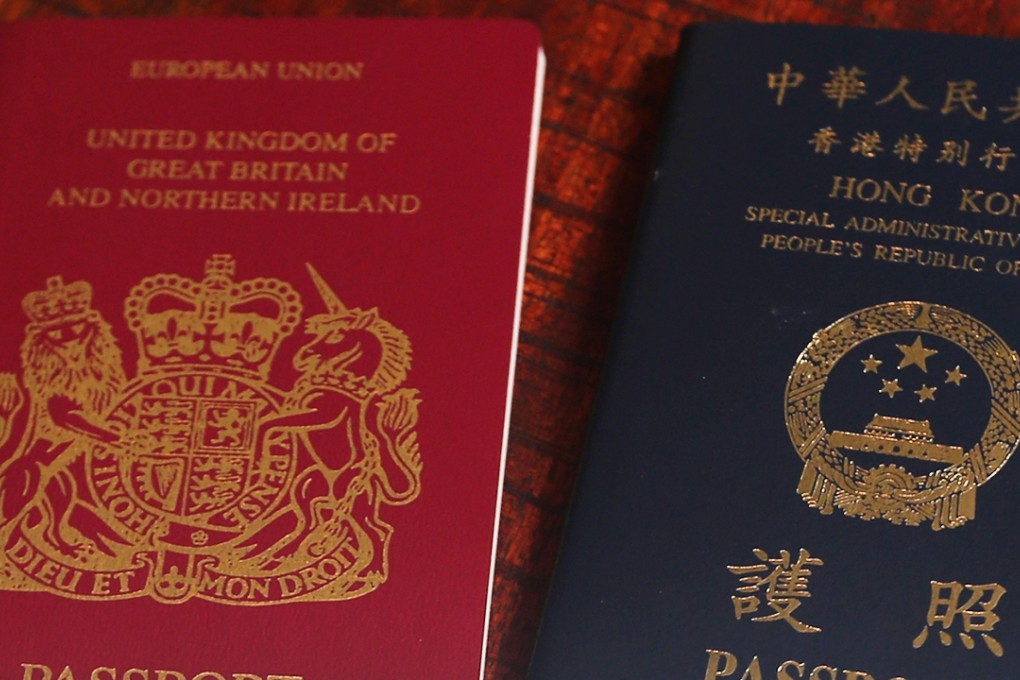Missing Hong Kong bookseller Lee Bo’s British passport counts for little as China reasserts sovereignty

The disappearance of bookseller Lee Bo – and the fact that he holds a British passport – has exposed the byzantine nationality legacy Hong Kong has been left with after 150 years of foreign rule and the complex geopolitical process involved in China reasserting its sovereignty.
While the whereabouts of Lee and how he got there remain a mystery, one simple fact has emerged from the cloak-and-dagger goings on – if you are an ethnic Chinese resident of Hong Kong, China claims rightful ownership of your nationality. The only way to avoid China’s steadfast denial of dual citizenship is by renouncing your Chinese nationality. But there, the simplicity ends.
READ MORE: ‘First and foremost a Chinese citizen’: China’s foreign minister on missing Hong Kong bookseller who also holds British passport
While holders of dual nationality definitely cannot seek diplomatic protection from their non-Chinese country of choice, Beijing does not bar the use of other passports for travel purposes. Indeed, Chinese nationals who hold a non-Chinese passport are entitled to seek consular protection from their second country of choice in nations which accept dual nationality.

Legal academic and solicitor Dr Alex Lau Kun-luen said Hong Kong residents who held foreign passports still had access to services and treatment including consular protection accorded by foreign countries that accepted dual citizenship.
“These Hongkongers may still want to hold an additional passport issued by other countries despite the fact that dual nationality was not recognised on the mainland ,” Lau said.